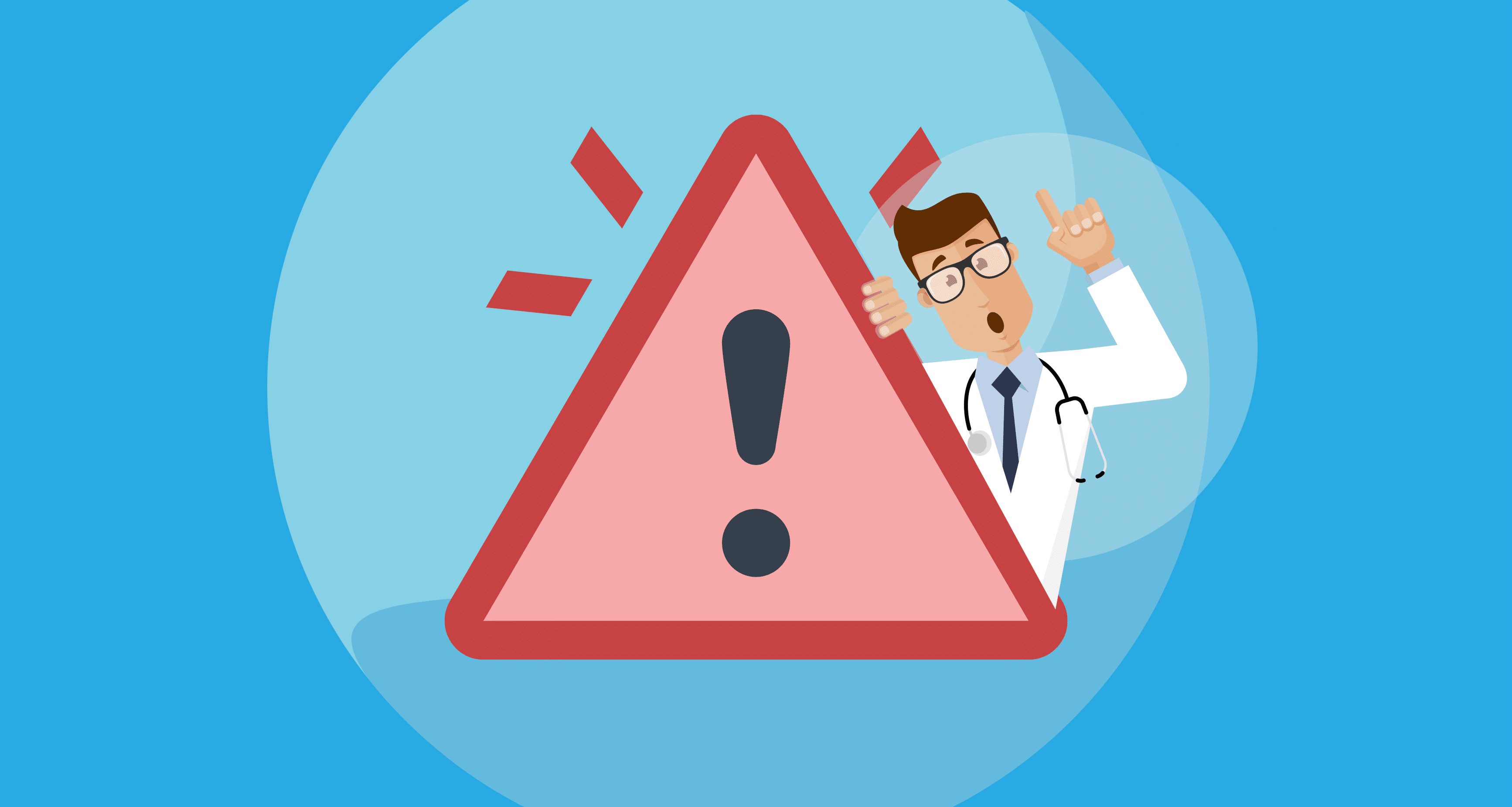
In the intricate and constantly shifting realm of healthcare, compliance assumes a vital role. Yet, veering away from regulations and guidelines can thrust healthcare organizations into perilous waters, where risks loom large and repercussions ripple wide. Let us embark on the various risks of noncompliance in healthcare and explain why unwavering adherence to regulatory mandates is imperative.
Navigating the Compliance Risk Areas in Healthcare: Unraveling the Red Flags
There are several potential risks and consequences associated with noncompliance in the healthcare industry.
1. Financial Consequences: A Blow to Stability
Noncompliance with healthcare regulations can lead to severe financial repercussions for organizations. Regulatory bodies enforce penalties, fines, or even legal action against those found guilty of noncompliance. These financial burdens not only drain resources but also compromise the stability of healthcare providers, hindering their ability to deliver quality care to patients. Furthermore, loss of reputation resulting from non-compliant practices may negatively impact partnerships with insurers or other healthcare entities, leading to reduced revenue streams.
2. Compromising Patient Safety: The Ultimate Betrayal
Patient safety should always be the top priority within any healthcare setting. Failure to comply with essential protocols and guidelines puts patients at unnecessary risk. Whether it’s disregarding infection control measures or neglecting proper security procedures, noncompliance jeopardizes patient well-being and undermines trust in the healthcare system as a whole.
3. Legal Ramifications: Breaking Boundaries
The legal implications of noncompliance cannot be underestimated. Healthcare providers have an obligation to adhere to local, state, and federal laws governing their practice. Violating these laws can result in lawsuits filed by patients or employees affected by non-compliant actions. Additionally, regulatory bodies may take legal action against organizations that consistently fail to meet compliance standards, further exacerbating the potential legal consequences.
4. Damage to Reputation: Eroding Trust
Maintaining a positive reputation is crucial for any healthcare institution. Noncompliance tarnishes the reputation of a specific organization and also raises doubts about the integrity and trustworthiness of the entire healthcare industry. Patients, their families, and other stakeholders may lose confidence in an organization that fails to comply with regulations, resulting in decreased patient volume, difficulty attracting talented staff, and damaged relationships with partners or suppliers.
5. Operational Inefficiencies: Strangled Efficiency
Noncompliance can lead to operational inefficiencies within healthcare organizations. Constantly struggling to meet compliance requirements diverts resources from core activities such as patient care and strategic planning. Correcting non-compliant practices often requires additional investment in training, technology upgrades, or process redesigns. Consequently, this drains valuable time and financial resources that could have been better utilized to benefit patients.
6. Data Security Breaches: Breaching Trust
The healthcare industry handles vast amounts of sensitive patient data. Cybercriminals are increasingly targeting healthcare organizations due to the perceived value of patient information on the black market. Failure to comply with data security regulations exposes healthcare providers to significant risks related to data breaches, identity theft, and compromised patient privacy. Such incidents erode patient trust and can result in legal action against organizations responsible for safeguarding confidential information.
Meeting Compliance Requirements
Ultimately, compliance risks in healthcare associated with noncompliance are vast and multifaceted. From compromising patient safety to damaging a business’s reputation, breaching compliance regulations poses severe consequences for both the individuals and organizations involved.
Healthcare providers must prioritize compliance as an integral part of their operations to ensure optimal patient care, maintain public trust, safeguard sensitive data, uphold ethical values, and advance medical knowledge through rigorous research practices. By doing so, they contribute to a safer, more reliable healthcare system that benefits everyone involved.








